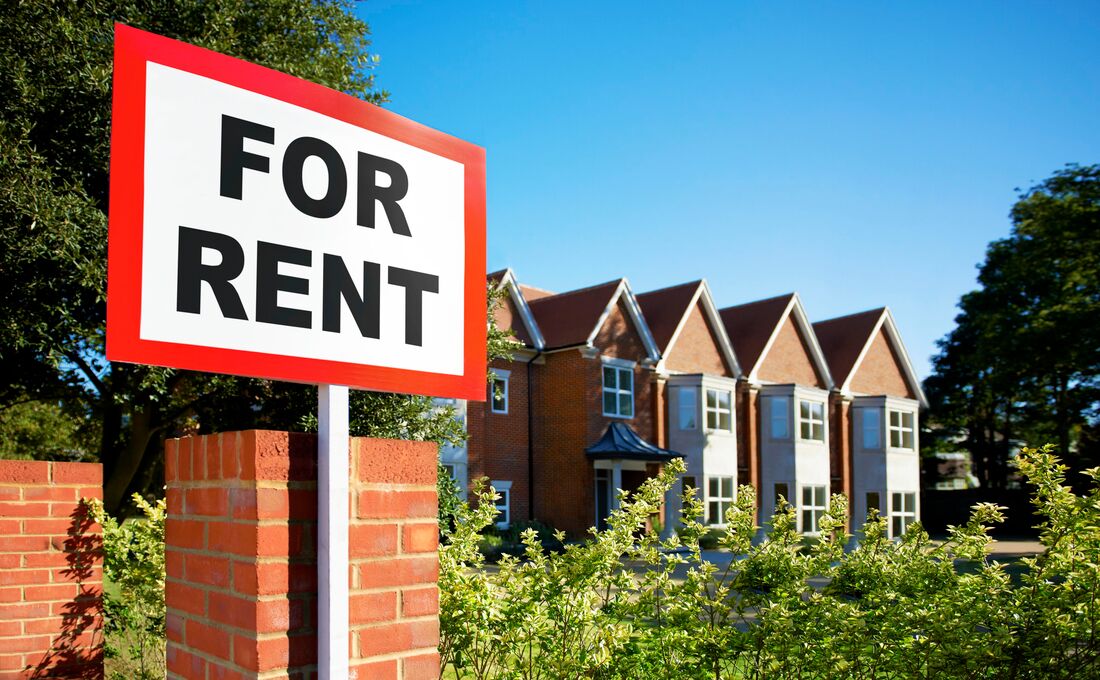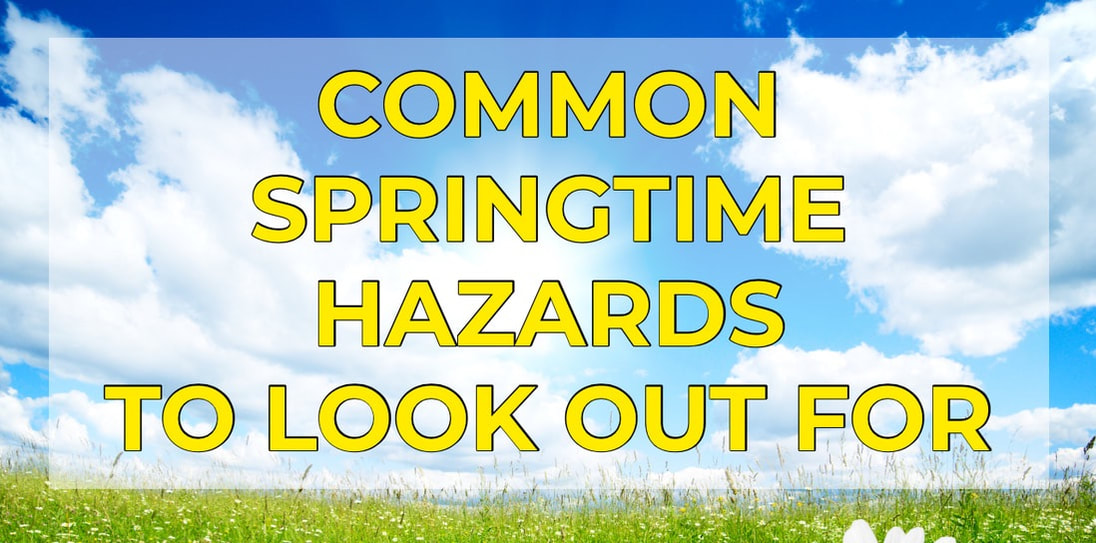Summer is rapidly approaching and pandemic restrictions are beginning to loosen which means everyone has their eyes set firmly on taking some much needed time off and heading out for a vacation. With sites like Airbnb, VRBO, and HomeToGo wildly gaining popularity, rentals of private properties has become the go-to for jet setters and adventure seekers. This means that the lucky ones who OWN those properties - the apartment in the city, the beach house, the mountain retreat - are in a great position to earn extra rental income, but not without being sure they're properly protecting those homes away from home,
Depending on the rental scenario, your standard homeowners policy may not cover losses incurred while your home is rented out, and you may require a more specialized insurance policy. So, whether you own a second home that you lease to to tenants, want to rent out a spare bedroom in your house periodically though Airbnb, or make a little extra cash renting out your beach cottage the weeks you’re not using it, the first step should be to call your insurance professional. Here are a few types of renter's insurance you should familiarize yourself with before doing so.
Short-term rentals/Primary residence
If you are planning to rent out all or part of your primary residence for a short period of time, for instance, a week or several weekends, there will likely be two insurance scenarios.
Some insurance companies may allow a homeowners or renters policyholder a short-term rental—assuming they have notified the company. Other insurers will require an endorsement (or rider) to the existing insurance policy in order to provide insurance coverage.
If you plan to rent out your primary residence for short periods on a regular basis, to various “guests.” this would constitute a business. Standard homeowners insurance policies do not provide any coverage for business activities conducted in the home. To be properly covered you would need to purchase a business policy—specifically either a hotel or a bed and breakfast policy.
Long-term rentals/Second home
If you are planning to lease your home to one person or a couple or family for a longer period of time, say six months or a year, you will likely need a landlord or rental dwelling policy. Landlord policies generally cost about 25 percent more than a standard homeowners policy to pay for increased protections. If you are regularly renting out a vacation home or investment property, this would also require a landlord or rental dwelling policy.
Landlord policies provide property insurance coverage for physical damage to the structure of the home caused by fire, lightning, wind, hail, ice, snow or other covered perils. It also offers coverage for any personal property you may leave on-site for maintenance or tenant use, like appliances, lawnmowers, and snow blowers.
The policy also includes liability coverage; if a tenant or one of their guests gets hurt on the property, it would cover legal fees and medical expenses.
Most landlord policies provide coverage for loss of rental income in the event you are not able to rent out the property while it is being repaired or rebuilt due to damage from a covered loss. This coverage is generally provided for a specific period of time.
Renters Insurance
As the landlord, your coverage is only on the structure itself and your financial interest in it. Your tenant’s personal possessions are not covered under your policy. In order to avoid disputes arising from damage to the renter’s belongings, many landlords require a tenant to buy renters insurance before signing a lease.
If you're in the position of owning an extra property, make sure you do your homework to make sure that you are protected in the best way possible when others are using your property. Accidents can happen, but being prepared for anything is always your best bet!
.png?width=180&height=65&name=Untitled%20design%20(29).png)



